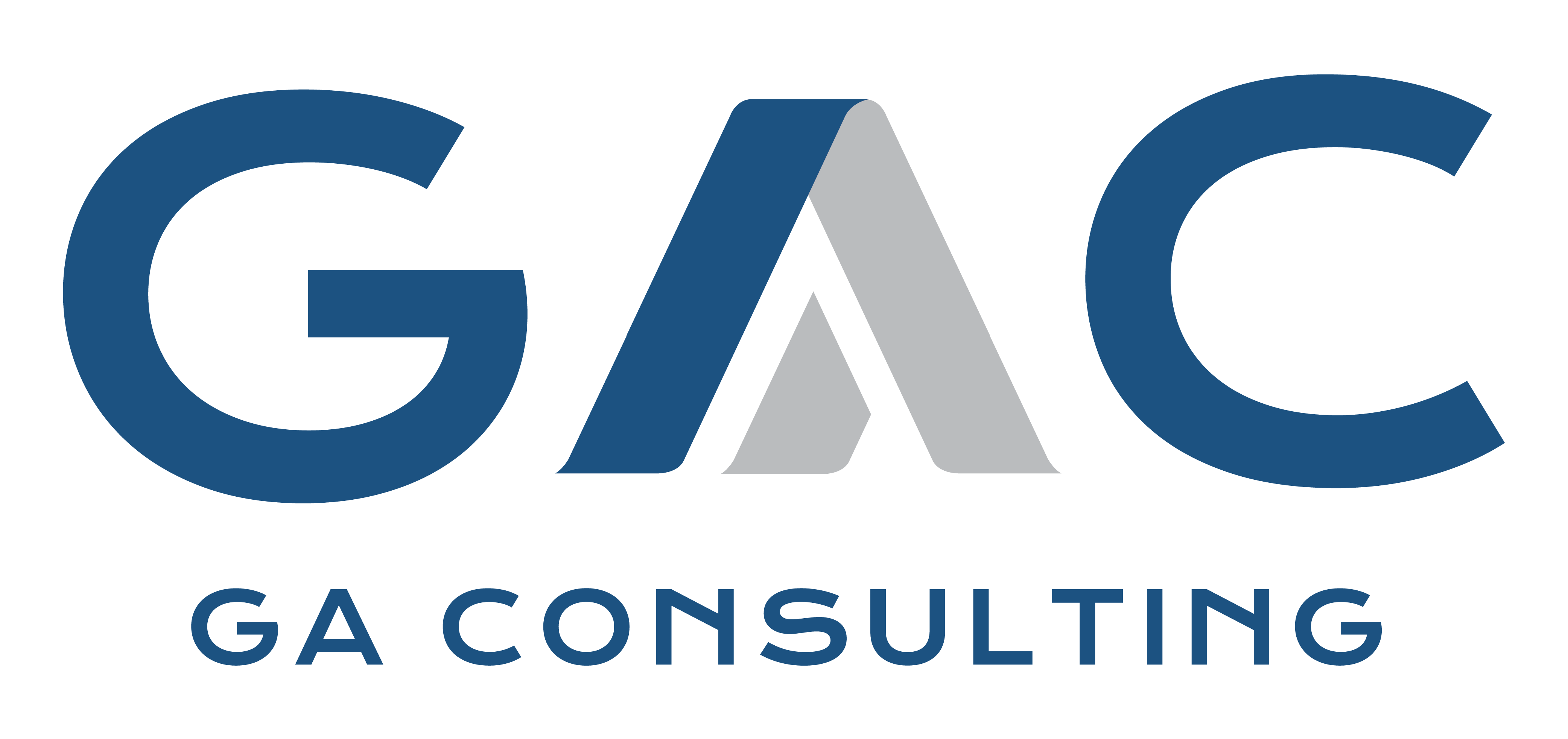For freelancers with variable income, tax management requires a different approach. Unlike traditional employees, freelancers handle their own taxes, and without regular paychecks, managing tax payments becomes crucial. In this guide, we’ll explore the essential strategies for managing tax payments for freelancers with variable income—covering what it means, why it’s essential, and detailed steps to keep taxes in check.
How to Manage Tax Payments Effectively with Variable Income
Managing tax payments as a freelancer with variable income involves several key steps to stay organized and on track. Here’s how:
- Declare All Income Accurately
As a freelancer, you’re required to report every source of income. This includes payments from clients, bonuses, and side projects. Keeping accurate records of all earnings—no matter the amount—ensures compliance and prevents issues if audited. - Track Expenses and Save Receipts
Freelancers can claim deductions for many business-related expenses, such as office supplies, software, travel, and even a portion of your home office if you work from home. Tracking expenses meticulously allows you to reduce taxable income, lowering the amount owed. Use an expense-tracking tool or app to automate this process. Please note that if you’re using the 8% Income Tax Rate Option, business expenses don’t have an effect in computing your income tax. - Set Up a Dedicated Tax Savings Account
Separating tax funds from your primary bank account helps you avoid spending tax money accidentally. If you’re using the 8% Income Tax Rate Option, transferring 8% to 10% will cover your income taxes. - Save a Higher Percentage During High-Income Months
Since your income may vary, set aside a higher percentage of earnings during high-income months to build a buffer for lower-earning periods. This approach ensures you’re covered even if your income dips later in the year. - File Quarterly Tax Payments
Freelancers are generally required to file tax payments four times a year. These payments are based on your actual income, ensuring you stay compliant with tax regulations and avoid a large lump sum payment at the end of the year. Proper planning helps manage cash flow throughout the year. - Use a Tax Calculator for Accuracy
Estimating your tax liability can be challenging with variable income. Our Freelancer Income Tax Calculator can provide a projection based on your income and deductions, giving you a clear view of what you’ll owe each quarter and at year-end. - Consider Professional Tax Advice
Tax laws and deductions for freelancers can be quite complex; therefore, seeking professional advice may be highly beneficial. Moreover, tax professionals can help identify deductions, minimize your tax liability, and ensure compliance with tax regulations, ultimately saving you time and reducing stress.
Advantages of Managing Tax Payments
Proper tax management when dealing with variable income brings several benefits:
- Avoid Penalties and Interest
Preventing costly penalties from missed payments helps you stay compliant and reduces stress. - Improves Cash Flow Stability
Planning for taxes smooths out cash flow, making it easier to handle low-income months without financial strain. - Builds Financial Discipline
Setting aside tax payments regularly ensures you’re prepared, leading to greater peace of mind during tax season.
Take Charge of Your Taxes for Financial Peace
Managing tax payments for freelancers with variable income takes careful planning; however, it’s well worth the effort for financial stability and peace of mind. By maintaining consistent tracking, practicing disciplined savings, and adopting an organized approach, you can ultimately handle taxes smoothly every season.

Access Essential Tax Resources Now! Download our FREE Freelancers DIY BIR Registration and BIR Tax Compliance Guide, use our Freelancer Income Tax Calculator and schedule a Free Tax Consultation Call.
For More Tax and Freelancing Tips, follow us on TikTok, YouTube, Facebook, and Instagram.

